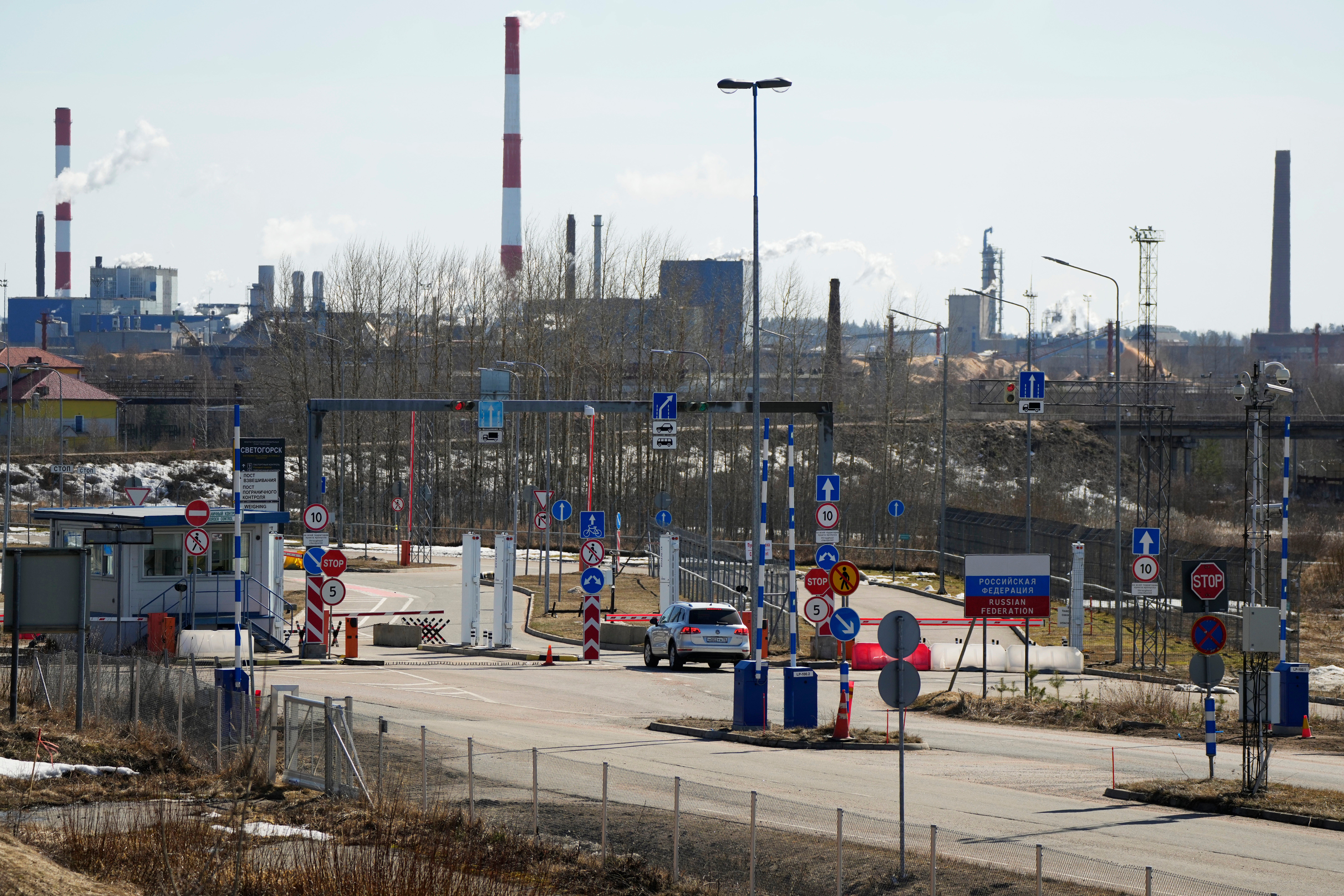Finland considers closing border crossings with Russia to stem an increase in asylum-seekers
The government in Finland is considering whether to close some crossing points on the country’s long border with Russia to prevent people from trying to enter without proper documentation

The government in Finland is considering whether to close some crossing points on the country's long border with Russia to prevent people from trying to enter without proper documentation, the Nordic nation's interior minister and prime minister said Tuesday.
Interior Minister Mari Rantanen said the number of migrants at Finland's southeastern border crossings has risen substantially since August due to what the government suspects is a change in Russia's border policy and enforcement.
Finnish and Russian border authorities have for years cooperated in stopping people without the necessary visas or passports before they can attempt to enter either of the two countries. But Russia has started allowing undocumented travelers to access the border zone and enter crossing stations where they can request asylum in Finland, Rantanen said.
“It is clear that these people get help to get to the border. This seems like a very conscious decision,” Prime Minister Petteri Orpo told reporters. “The government’s message is clear: We must take this seriously and safeguard the security of our border.”
The number of migrants showing up at the Finland-Russia border so far has remained small, with 71 arriving last week, Finnish border authorities said. About half were from Iraq and the rest from countries that included Syria, Yemen, Turkey and Somalia, they said.
Rantanen was unable to explain why Moscow’s border policy suddenly changed.
“Maybe (Russian officials) are annoyed by something in Finland`s activities. You have to ask the Russian authorities about that,” she said. “We do hope that Russia changes its policy back as it was before.”
After Russia invaded Ukraine last year, Finland applied to join NATO and became the Western military alliance's 31st member in April.
Finnish Defense Minister Antti Häkkänen accused Russia of deliberately ushering migrants toward the border zone as a type of “hybrid warfare.” Officials in Latvia, Lithuania and Poland have made the same allegation against Belarus in recent years.
Häkkänen said he would inform NATO Secretary-General Jens Stoltenberg and the European Union about the situation. Finland’s 1,340-kilometer (832-mile) border with Russia serves as the EU’s external border and NATO's eastern flank.
Thousands of migrants, also mainly from the Middle East, attempted to cross Finland's northernmost border crossing with Russia in 2015-2016.
——
Jan M. Olsen in Copenhagen, Denmark, contributed to this report.
___
Follow AP's coverage of global migration at https://apnews.com/hub/migration
Bookmark popover
Removed from bookmarks